 Image 1 of 4
Image 1 of 4

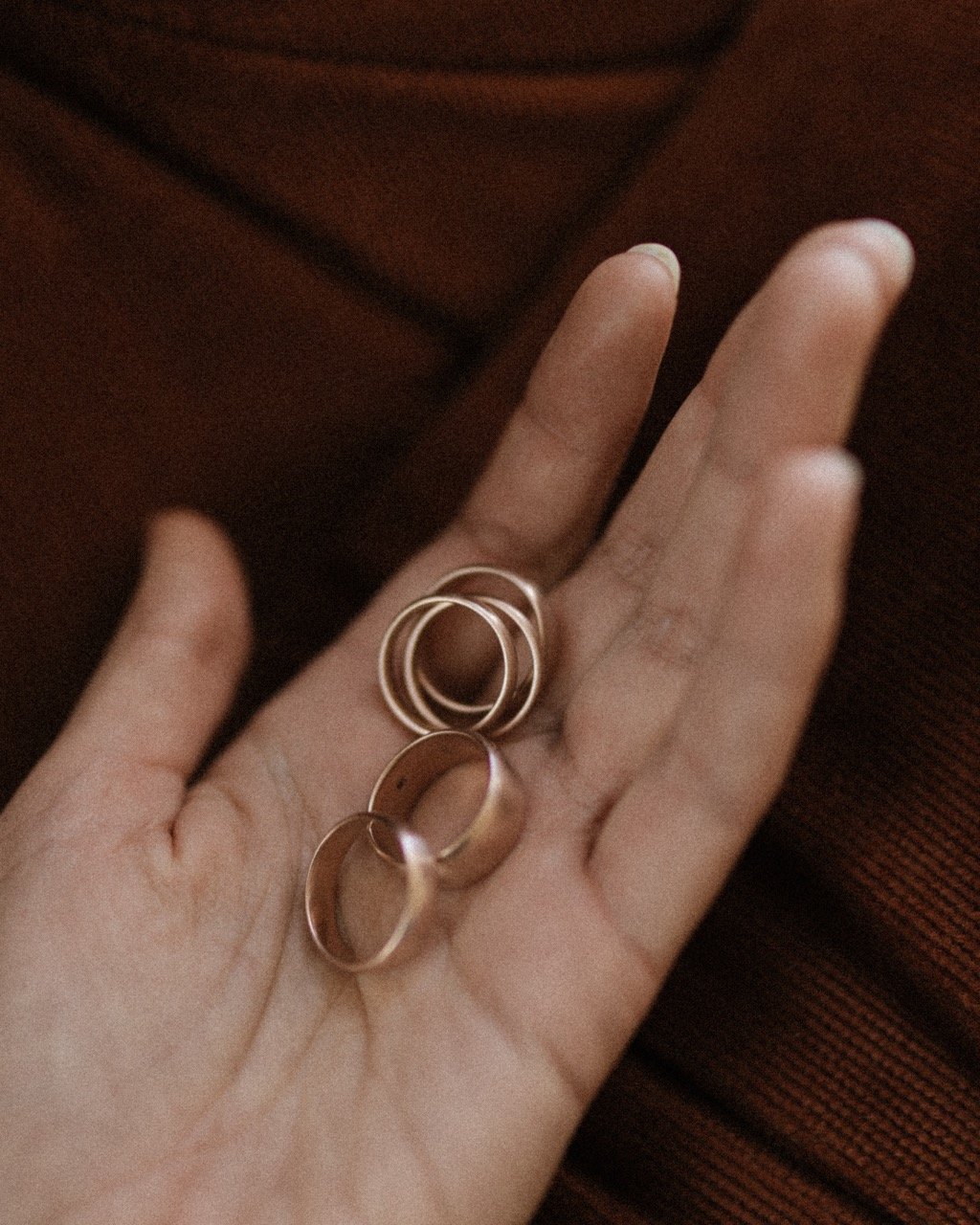 Image 2 of 4
Image 2 of 4

 Image 3 of 4
Image 3 of 4

 Image 4 of 4
Image 4 of 4





Good Gold
Good Gold produces unique wedding bands that have a story to tell - each one is handcrafted to order from ethical gold in their New Zealand workshop.
Good Gold produces unique wedding bands that have a story to tell - each one is handcrafted to order from ethical gold in their New Zealand workshop.
Good Gold produces unique wedding bands that have a story to tell - each one is handcrafted to order from ethical gold in their New Zealand workshop.
Our Story
Siggy, Laurel and Ash Hilton founded Good Gold with the goal of making the world’s most ethical wedding ring.
Having collaborated for nearly two decades at Ash Hilton Jewellery, producing over 10,000 wedding rings, they wanted to challenge themselves to make the world's most ethical wedding ring.
“Making the world's most ethical wedding ring involves more than just the materials we use.”
Good Gold rings are crafted by hand, using New Zealand alluvial gold. This gold has been washed down from the mountains by rainwater and naturally deposited by rivers and oceans. It's collected by small-scale local miners, forged in New Zealand, and made into beautiful and unique Good Gold rings.
Unlike traditional hard rock mining, alluvial gold is already separated from the rock so giant pits aren’t created and chemicals like cyanide aren’t used. A lot of alluvial gold is collected from areas that have been mined in the past and can have a beneficial impact on these environments. Good Gold sets itself apart by using water-based extraction methods, ensuring their process neither harms the environment nor uproots communities.
The gold they use is almost comepletely from New Zealand alluvial sources and processed in Aotearoa so there is more assurance that workers are protected by our strong labour laws and work in safe conditions. Good Gold also reuse about 2% recycled gold from old jewellery and workshop scraps.
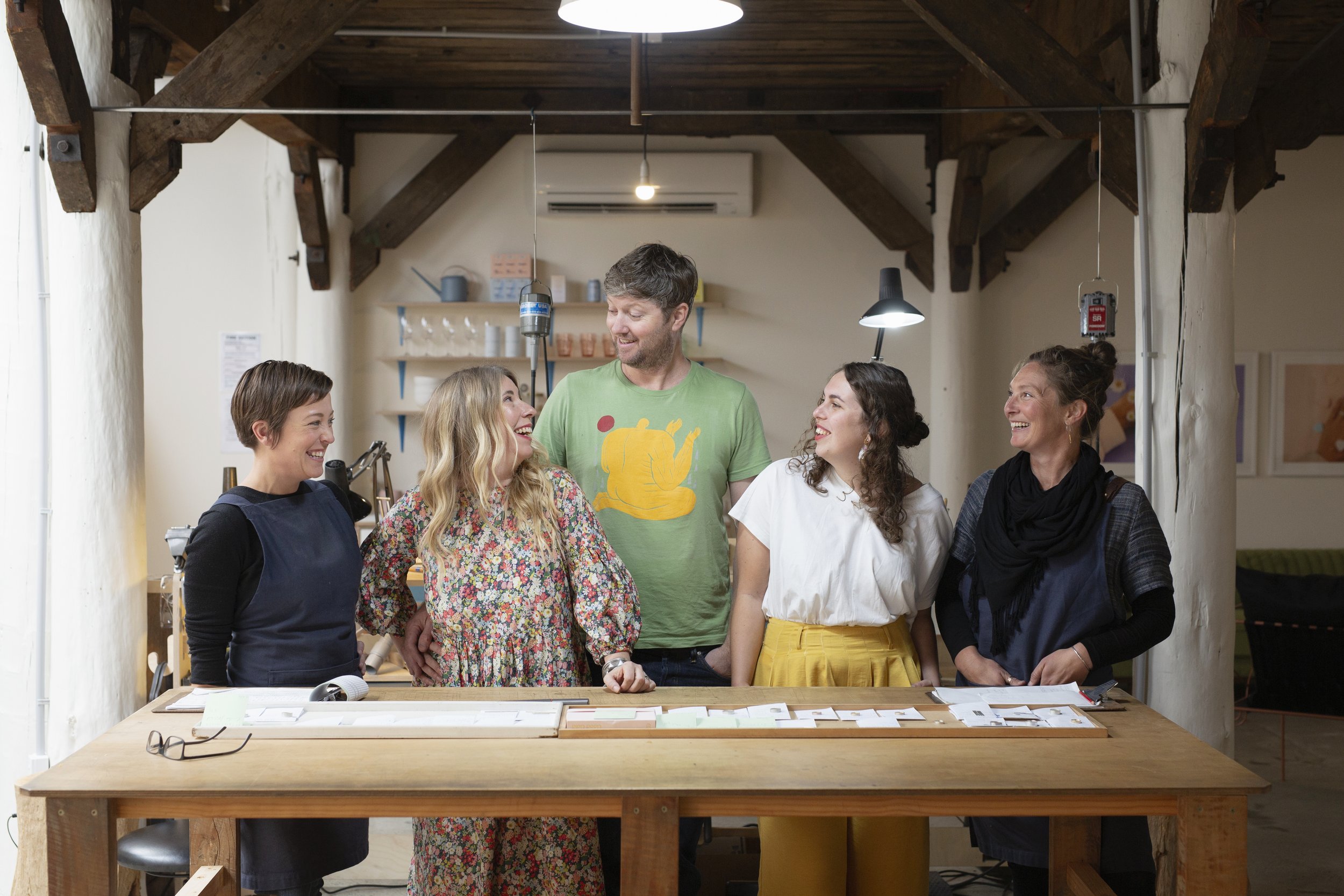
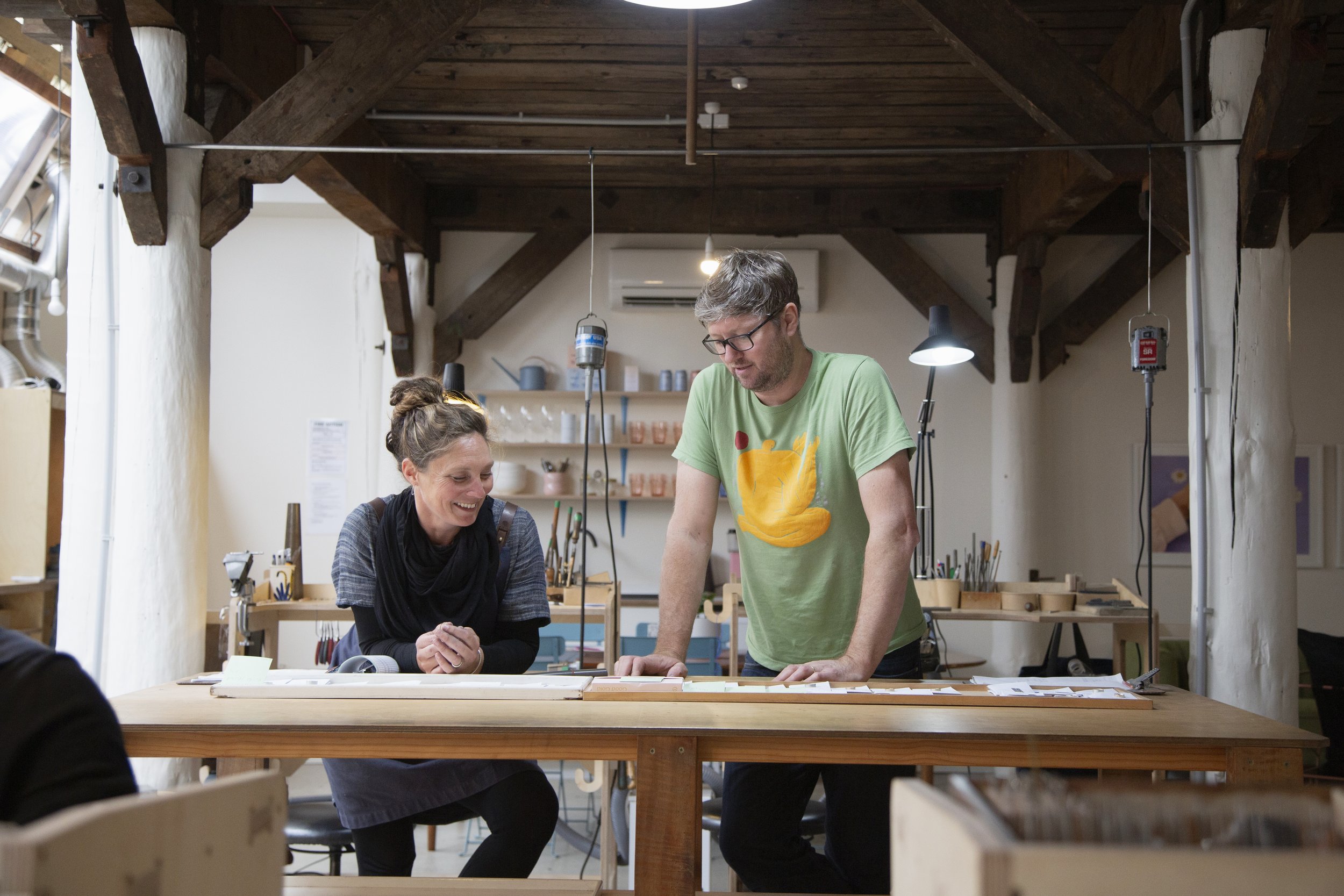
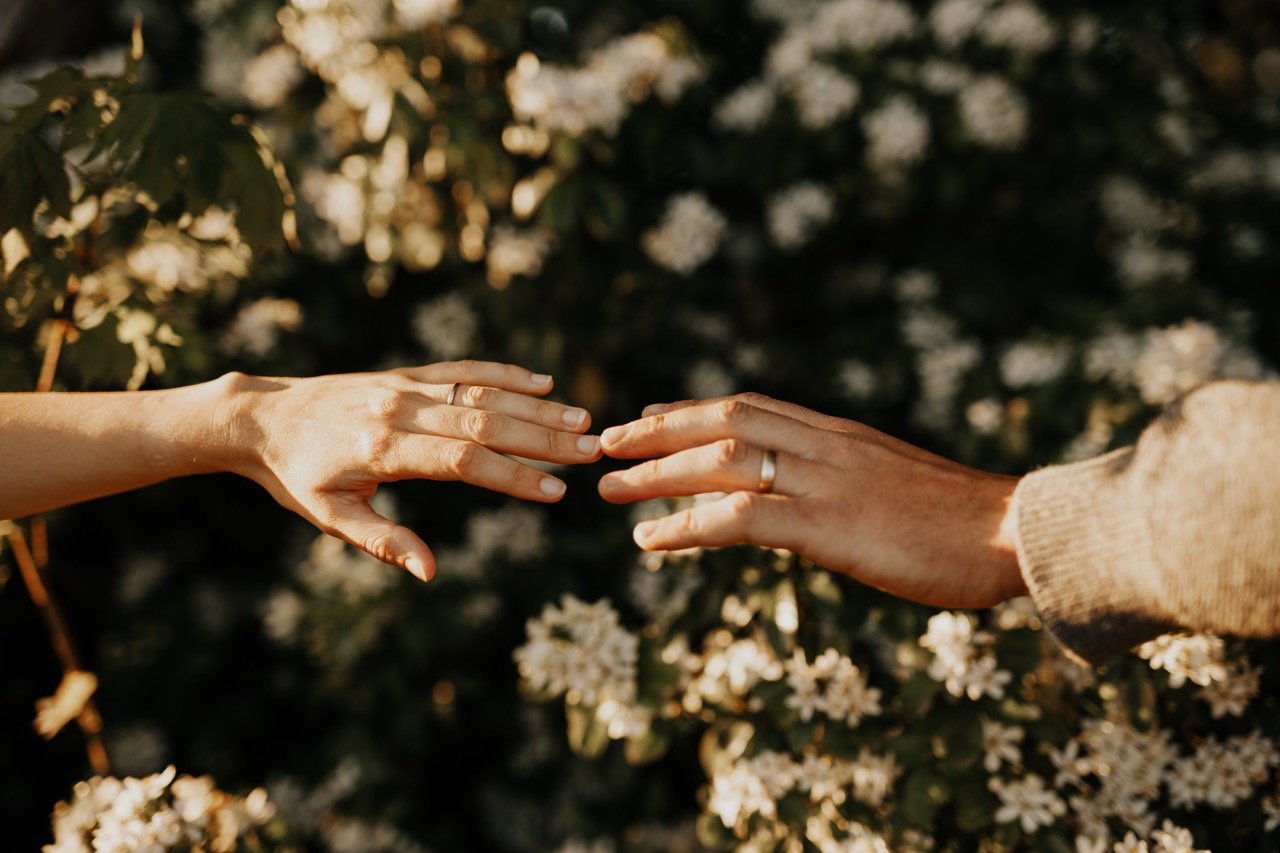
They also donate a percentage of their profits to The Toolbox Initiative, an organisation that supports jewellers in West Africa that don't have access to tools, supplies and metals.
A jeweller in West Africa will typically own a hammer, pliers or tweezers and a few other odds and ends that they keep in a handmade toolbox. They must rely on their ingenuity because commercial tools are rarely available. The Toolbox Initiative aims to address this imbalance. Jewellers from around the world donate tools they’re no longer using as well as their metal scraps which are refined and turned into workable silver and given to the Senegalese jewellers.
Funds collected by the Toolbox initiative also go towards community projects, from teaching local kids to make jewellery to funding primary school teachers.
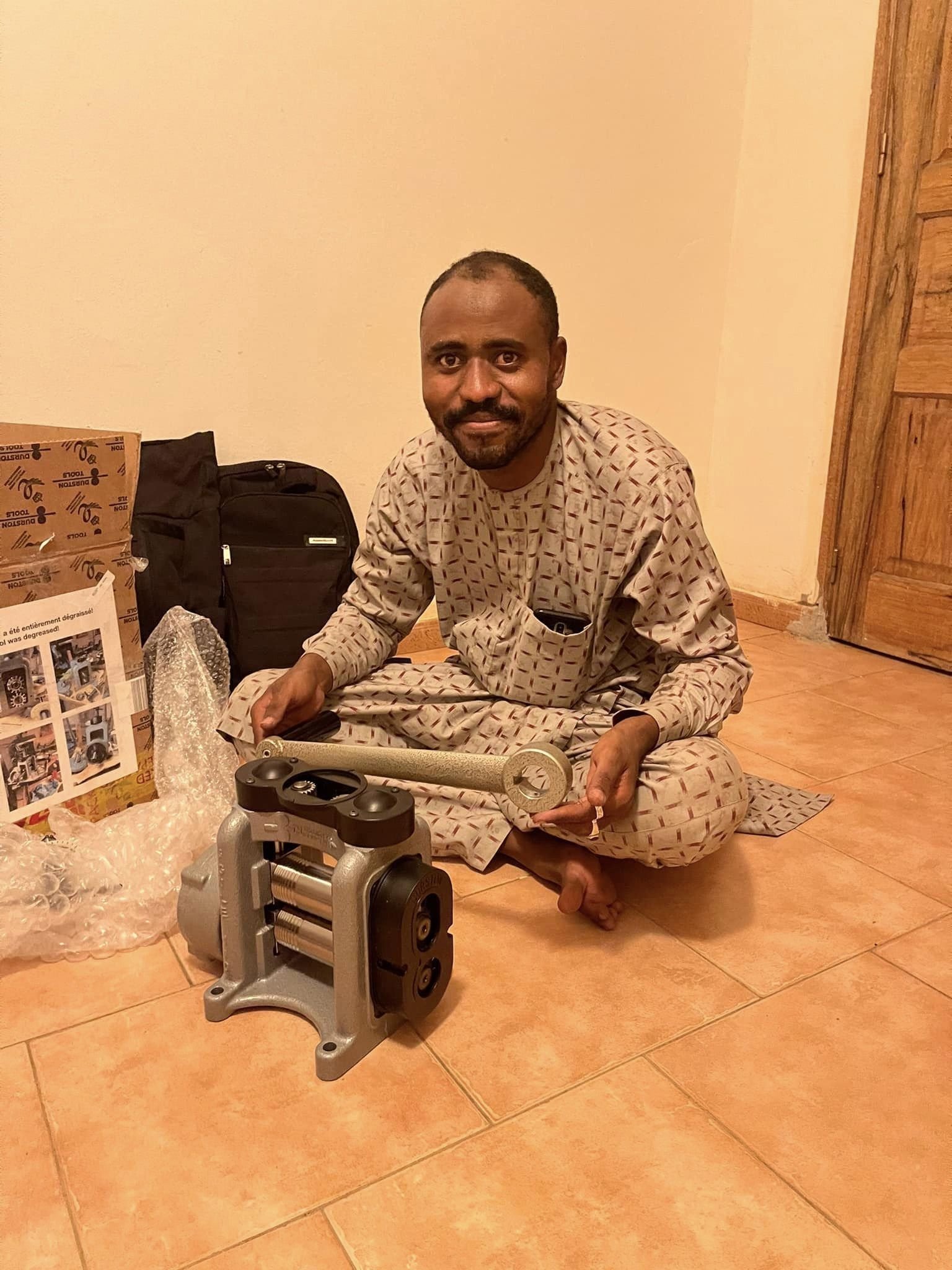
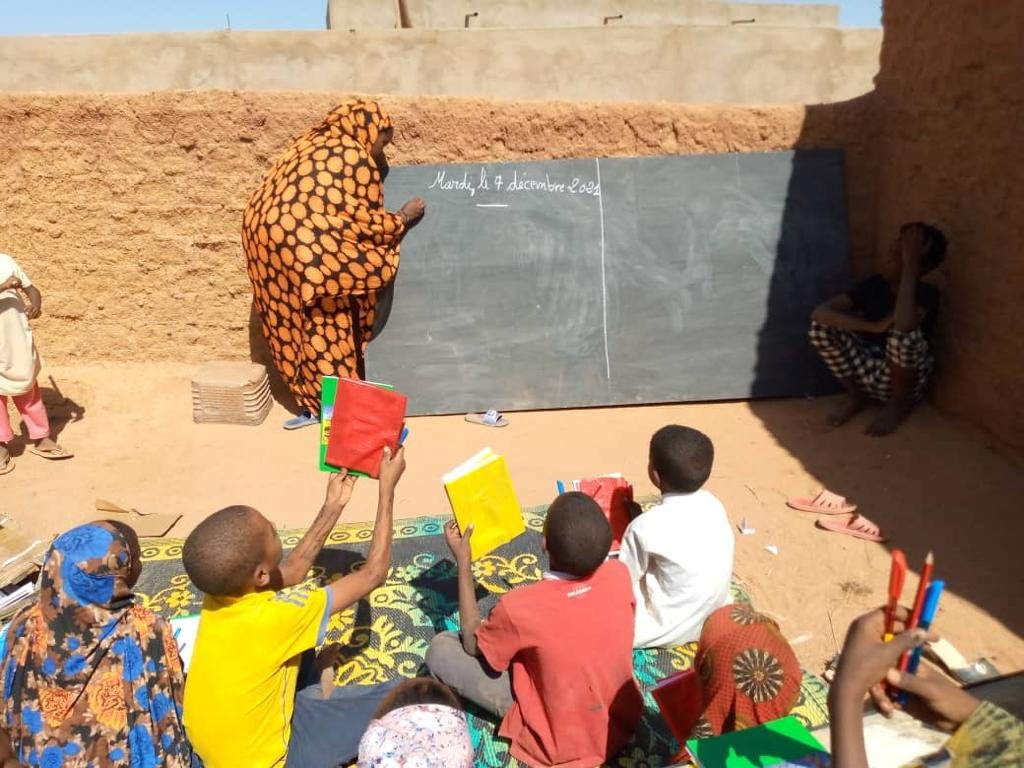

Good Gold recognises that many jewellers and advocates have worked really, really hard to develop a process to certify gold mines under the fairtrade umbrella. They appreciate that while traditional hard-rock mines are still being used, workers are protected, environmental damage is mitigated and ecosystems are restored. Overall, they believe Fairtrade gold is a fantastic choice, they just preferred using local gold from mines that they could easily visit.
As a certified living wage employer, all their workers are paid above a living wage and they continuously ensure that their working conditions are comfortable and inspiring. All their workers get at least four weeks of paid holidays every year, sick leave and 26 weeks parental leave. Good Gold also makes it a point to hear their employees out so they know that their voices are heard.
Their packaging is made from recycled material that can be reused or recycled and printed with eco-friendly inks. They also try to be as paperless as possible internally but when they do have to print something, they print it reduced by 50% and use both sides of the paper. They also never buy bubble wrap and instead save and reuse other people’s packaging.
They use citric acid as their pickling solution (for removing oxidised surfaces and flux from jewellery after soldering) so as to avoid dumping nasty chemicals down the drain. Their jewellers also make their own sanding sticks instead of buying readymade throw away ones. Every bit of dust and filings gets swept up and sent back to their metal supplier to be reused.
“If we can’t feel really good about doing this business, we have no business doing it.”
Products
Rings and wedding bands
Certifications and Memberships
Living Wage Employer NZ
Website

